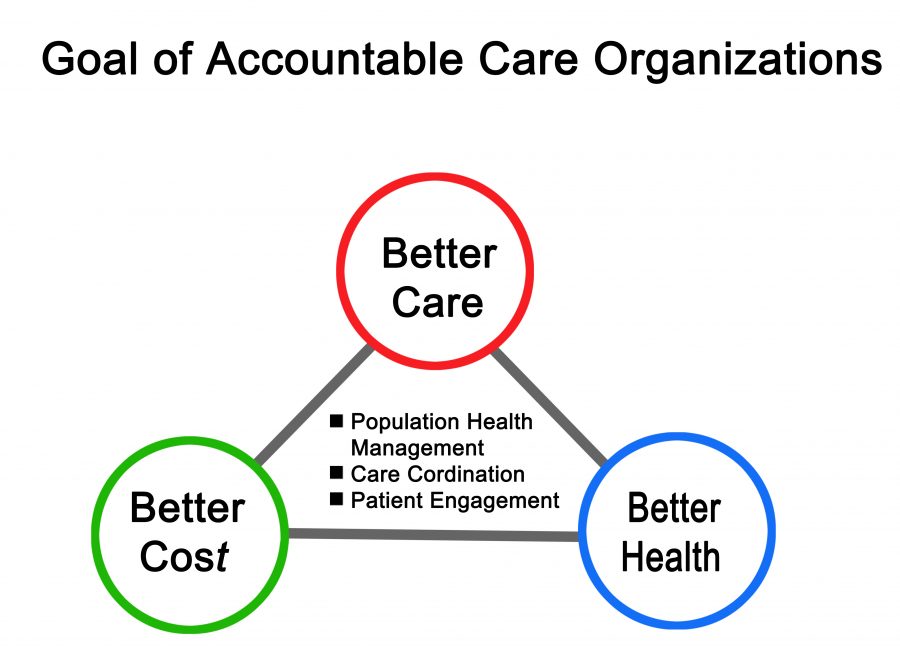What is your understanding of the Accountable Care Organization? This a collective term describing groups of doctors, healthcare givers and hospitals that voluntarily come together to provide well-coordinated top-quality healthcare to those patients they serve. The main objective of providing coordinated care is to ensure that patients, specifically the chronically ill, access the right health care in time. At the same time, these groups work together to achieve the goal of preventing unnecessary duplication of healthcare services while minimizing medical errors in the process. This means that when ACO’s succeed in both spending the money wisely on health care and delivering high-quality care, the groups will be in a better position to share what they achieved in terms of savings while sustaining their Medicare programs. So, how does an Accountable Care Organization (ACO) work and is it beneficial? Let’s find out.
How do ACOs Work?
ACO providers get rewarded for simply working together in providing you with relevant health care or treatment regardless of where you normally get your care. This could be in your doctor’s office, health center or any recognized long-term care facility. The main idea behind the starting of this organization is to ensure that you receive the best health care, especially if you are suffering from diabetes or heart disease and chronic conditions.
Every ACO team member works towards fulfilling your health care needs by ensuring that those who care for your well-being are constantly in touch with everyone on your team. As a result, there is improved communication between the following groups of professionals:
- Your specialists and your primary care doctor;
- Hospital, doctors and your long term-care providers and;
- Your health care providers and your local service providers.
In the end, doctors and the team of healthcare providers will benefit more from ACOs as well.
How do You Benefit from ACO?
Accountable Care Organizations come with many benefits. To begin with, there is an assurance of better care at lower costs. Through the sharing of information regarding your medical history and treatment, ACO doctors can work towards providing you with better care. This means that the team will work together to ensure that you stay healthy and out of the hospital at a lower out-of-pocket cost.
In addition, ACO plays a crucial role in coordinated care. Take it this way; you are seeing two different specialists whereby one is for a heart condition and the other for diabetes. One of the two doctors or both may not be aware of what each one of them is recommending in the course of your treatment. It is certain that you may end up getting the same tests from both doctors. But if you are under ACO, such cases are less likely to occur.
How Do You Become an Effective Member of ACO?
Don’t mistake ACO for health insurance. In fact, you do not need to enroll in ACOs for you to realize its benefits. These organizations are just decided upon by your doctor as a way of creating proper health care guidelines for you. What happens in this regard is that when your doctor belongs to a given ACO, then you will be assigned to your doctor’s ACO. Alternatively, the ACO needs to inform you what it means for your health care if the doctor taking care of you is part of that particular organization.
From the doctors’ or caregivers’ point of view, becoming an effective ACO requires one to be part of a true system for better care delivery aiming to achieve top quality medical results efficiently. This necessitates levels of integration and alignment in various constituents that have historically not been characteristic of healthcare. After these goals have been realized, one needs to overcome barriers and challenges such as cultural, market expertise, referral management, utilization management, legal, organizational structure, prioritization, quality analytics and metrics among others.
Final Thought
For an Accountable Care Organization to become successful, it must address health-related issues and find possible solutions. Highly integrated health care delivery systems that are based on the ACO principles provide a ray of hope among patients with different needs. But achieving improved population health, future goals of improved patient satisfaction and reduced costs on healthcare will need critical thinking, more time, good skills, and hard work.
At Care Partners, our model integrates into any hospital system or Insurance Plan with the purpose of reducing readmissions, ED visits and length of stay while simultaneously increasing patient quality of life and satisfaction. We look forward to discussing your needs, please contact us we would love to hear from you.


